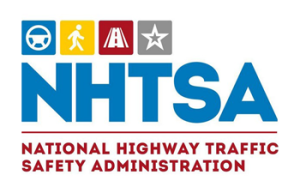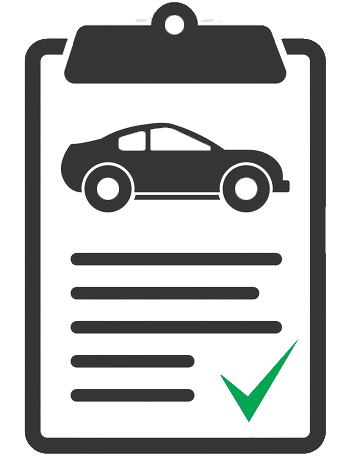
When it comes to our health, safety, and investments, research is paramount. We research the backgrounds of our doctors, babysitters, and homes. The same holds true for cars. Cars can have secrets, and if you don't know where to find the truth, they can cause you a lot of grief. Studying vehicle history reports helps you buy a vehicle that provides years of reliable and safe transportation.
These reports contain a wealth of data about a car's damage history, true mileage, maintenance records, and possible recalls. While they may not say "lemon" outright, they can alert you to possible problems. They're also referred to as a vehicle identification number (VIN) check and include different levels of information you can access depending on what you wish to pay.
Where you can get one
 Safety agencies such as your state's DMV, National Highway Transportation Safety Administration or the National Insurance Crime Bureau often provide free VIN checks. These checks are limited in scope but still inform you about the vehicle's title status and whether it has ever been listed as stolen but not recovered or as a salvage vehicle. Another place to get a free VIN check is at an automotive dealership. These businesses often have multiple subscriptions to car history services and can provide a copy for the vehicle you are interested in
Safety agencies such as your state's DMV, National Highway Transportation Safety Administration or the National Insurance Crime Bureau often provide free VIN checks. These checks are limited in scope but still inform you about the vehicle's title status and whether it has ever been listed as stolen but not recovered or as a salvage vehicle. Another place to get a free VIN check is at an automotive dealership. These businesses often have multiple subscriptions to car history services and can provide a copy for the vehicle you are interested in  at no charge. Be alert for dealers who either will not show you a report or provide an outdated copy. This is a sign that they may be trying to conceal something important.
at no charge. Be alert for dealers who either will not show you a report or provide an outdated copy. This is a sign that they may be trying to conceal something important.
Paid reports are far more thorough than their free counterparts. They range in cost from $25 for a single report to $100 for hundreds of reports in a three-week span. These reports cover information such as flood damage, airbag deployments, past owners, odometer rollbacks, and any liens held on the vehicle. Let's take a closer look at these factors and their importance.
What's in a vehicle history report?
 Flood damage. A vehicle that has been subjected to flooding may look pristine but have serious issues with corrosion, brakes, and electronic systems (including airbag sensors). Cars with significant flood damage should be retitled as salvage or flood vehicles. They are not legal to sell to consumers in most situations unless the appropriate repairs are made, they are inspected by officials and they are titled as "rebuilt."
Flood damage. A vehicle that has been subjected to flooding may look pristine but have serious issues with corrosion, brakes, and electronic systems (including airbag sensors). Cars with significant flood damage should be retitled as salvage or flood vehicles. They are not legal to sell to consumers in most situations unless the appropriate repairs are made, they are inspected by officials and they are titled as "rebuilt."- Airbag deployments. Deployment of an airbag indicates that the vehicle was in a severe accident. While the damage may have been repaired visually, there could be lingering issues with the frame, drivetrain, or electronics. Additionally, a buyer would want to know if the airbags were repaired and reinspected properly.
- Past owners. A vehicle that was used commercially should say so in the title history. A vehicle used for a rental or construction company, for example, would probably have higher levels of usage or abuse than a privately owned vehicle with the same mileage.
- Odometer rollbacks. Some unscrupulous sellers change odometer readings to make the car appear to have lower mileage. This may be accompanied by other fraudulent activities such as title manipulation, undisclosed reconditioning, and duplicate state DMV certificates. Rolling back an odometer is a felony in the United States.
 Liens. When someone takes a loan out against the title of their vehicle, it can cause problems for future buyers. In some cases, the lender owns the title, and the buyer will have no knowledge unless they run a VIN check. Unless rectified, this situation can allow the titleholder to demand payment of the remaining debt or even repossess the vehicle.
Liens. When someone takes a loan out against the title of their vehicle, it can cause problems for future buyers. In some cases, the lender owns the title, and the buyer will have no knowledge unless they run a VIN check. Unless rectified, this situation can allow the titleholder to demand payment of the remaining debt or even repossess the vehicle.
We provide vehicle history reports free of charge for your peace of mind. Feel free to stop in and take a look at our inventory. You'll be sure to find a vehicle with a clean history that fits your needs.
